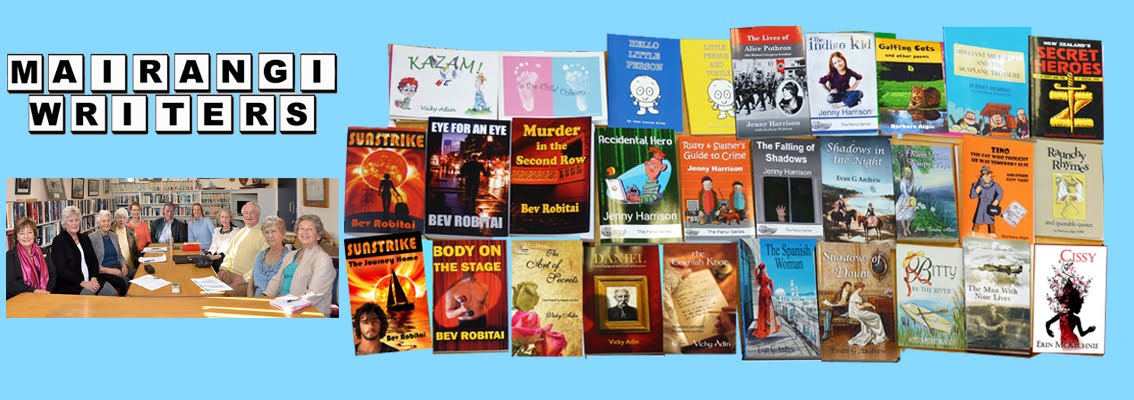We’ve long ago lost the forty hour week our
forebears worked so hard to get. Back then weekends free of work gave families time
to do things together; time for sport and recreation; time to rest and recover.
Now we work every day. Both parents work. We pay non-family
workers to take care of our children so that we can work. And this is called progress?
Why have wages altered our living so much that some people have to work seven
days a week or they cannot fund a home – give their children an education – or afford
to have them taught a hobby. We don’t have time to relax, recover and restart
anymore.
We live in an age of machines and the microchip and
somehow the big bosses have begun to think their workers are machines as well. Antibiotics,
anti-depressants and vaccinations keep us working even when we’re not well. It’s
the money age. It’s the age of possessions. We’ve been manipulated and brain
washed by advertising. The millionaires and the billionaires pay the Advertising
Merchants to suck us into - ‘Buy this! Buy a bigger this! Buy a better this!’
They’ve taken us over and we can’t see it. We work
to their will, buy to their persuasions and build bigger than required houses
with bigger than we can afford mortgages – monuments to our own egos! We’ve been brain washed, downgraded and
deprived of our rights and we don’t even know it.
The old religions are out. The new religion has been
surreptitiously well established. We now spend our lives doing whatever the new
Religion tells us to do. It’s the frenetic compulsion – no time to think – no
time to recover - Shopaholic Religion. Hail to the Mighty Dollar!
